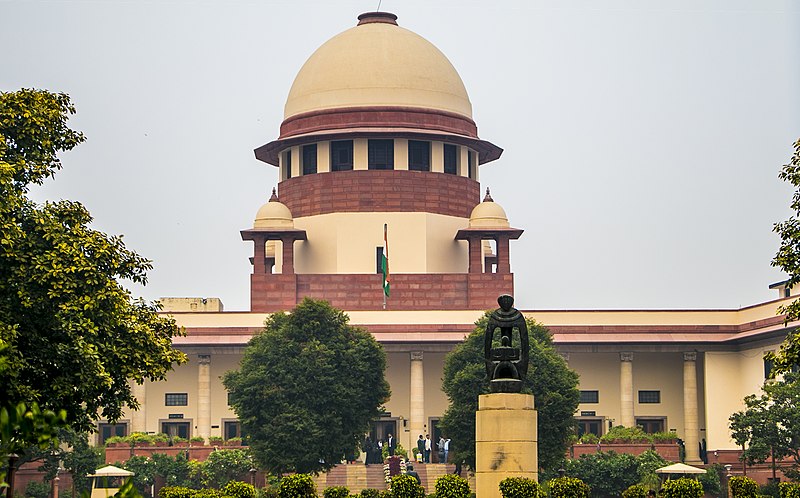(A) Evidence Act, 1872 – Section 103, 106 – Insurance – Suppression of material fact – Burden of proof – Life insurance – Suppression of information about other life insurance policies – Appeal against National Commission order rejecting the complaint by overturning State Commission order – Held: Before the NCDRC, the respondent again provided the aforesaid tabulation of policies of the insured-deceased. The respondents in their affidavit stated that the insured-deceased had taken multiple insurance policies before taking the policy from them. The NCDRC however accepted the averment of the respondents, without demanding corroborative documentary evidence in support of the said fact. The NCDRC, on the contrary, also held that the fact about multiple policies was not dealt with by the appellant in her complaint or evidence affidavit and this therefore proved that the insured had indeed taken the policies from multiple companies as claimed by the respondents.
The aforesaid approach adopted by the NCDRC is, in our view, not correct. The cardinal principle of burden of proof in the law of evidence is that “he who asserts must prove”, which means that if the respondents herein had asserted that the insured had already taken fifteen more policies, then it was incumbent on them to prove this fact by leading necessary evidence. The onus cannot be shifted on the appellant to deal with issues that have merely been alleged by the respondents, without producing any evidence to support that allegation.
Supreme Court also held on the facts of this case having regard to the nature of queries in Query Nos.6.1 and 6.2, there was no suppression of any material fact as per our earlier discussion based on the contra proferentem rule.
Appeal allowed – Insurer to pay claim with interest (Para 49, 50, 52, 53)
(B) Insurance – contra proferentem rule – Certain clauses in the policy of insurance could be interpreted in light of the contra proferentem rule as against the insurer. In order to seek specific information from the insured, the proposal form must have specific questions so as to obtain clarity as to the underlying risks in the policy, which are greater than the normal risks. (Para 31)
SUPREME COURT OF INDIA
2024 STPL(Web) 255 SC
[2024 INSC 296]
Mahakali Sujatha Vs. Branch Manager, Future Generali India Life Insurance Company Limited & Another
Civil Appeal No. 3821 of 2024-Decided on 10-4-2024
https://stpllaw.in/wp-content/uploads/2024/04/2024-STPLWeb-255-SC.pdf







